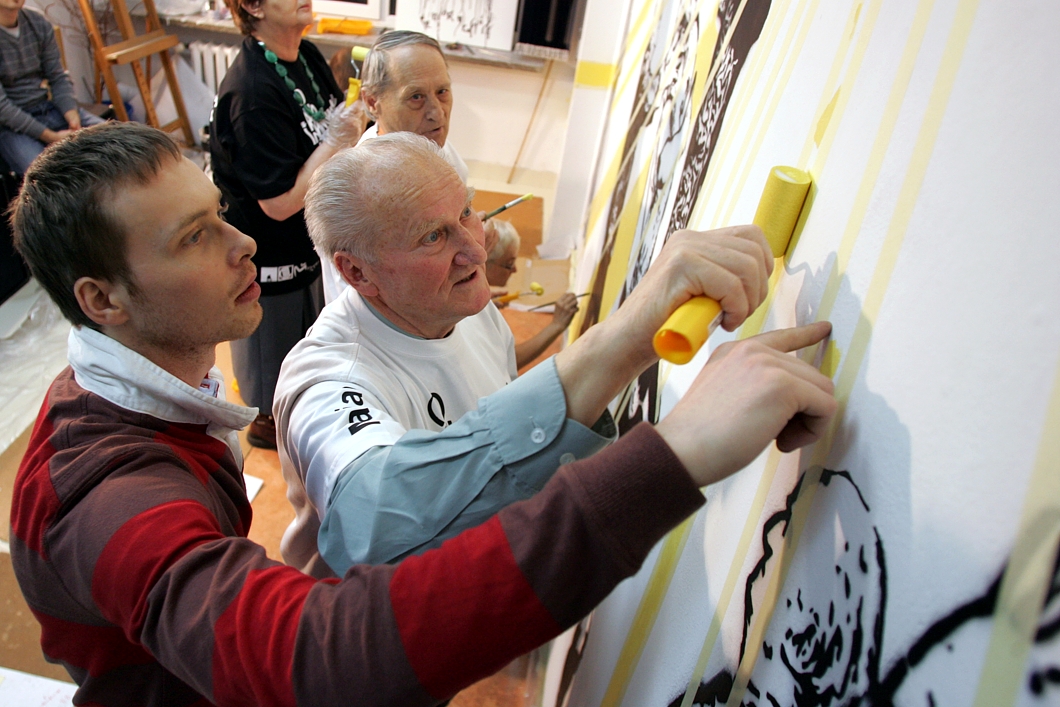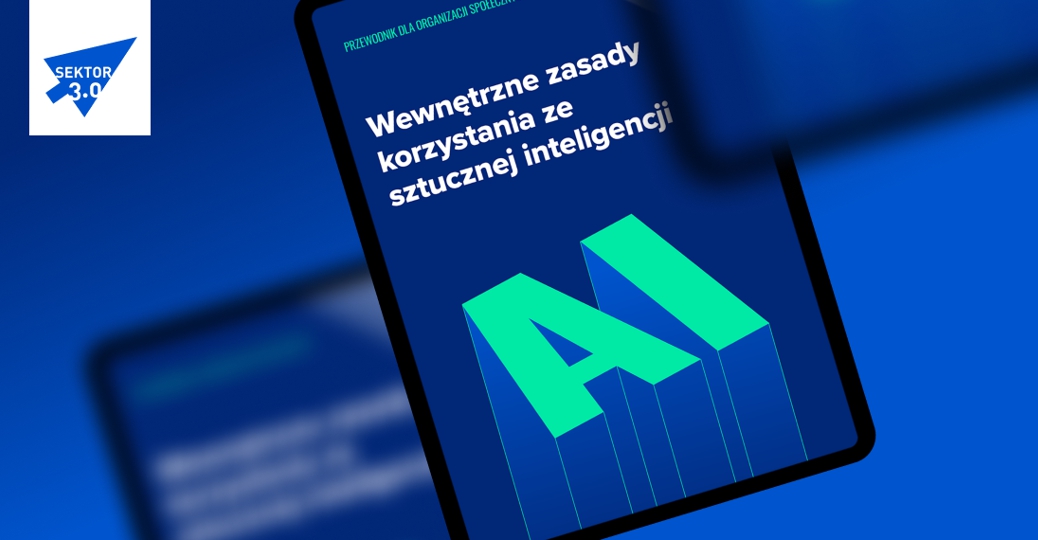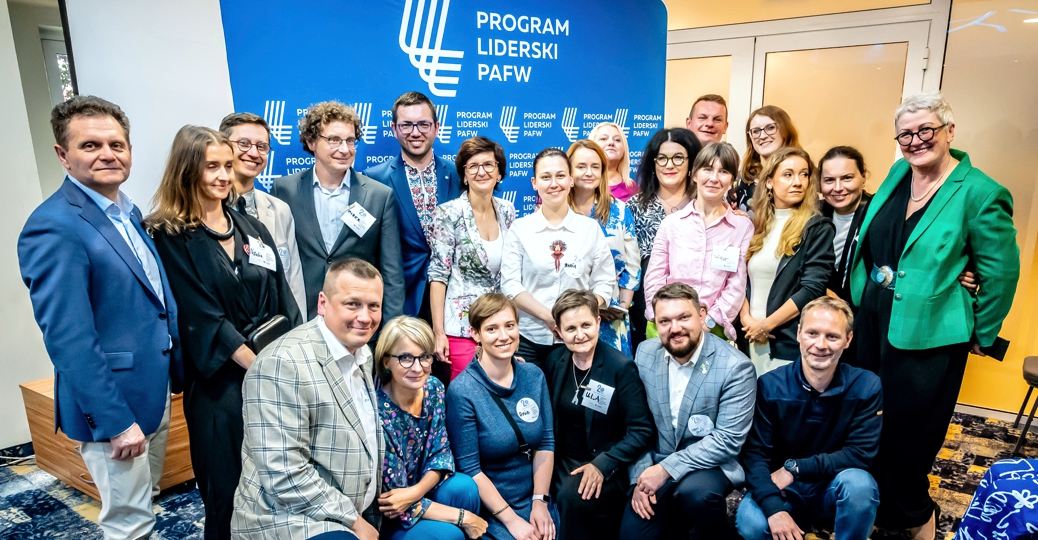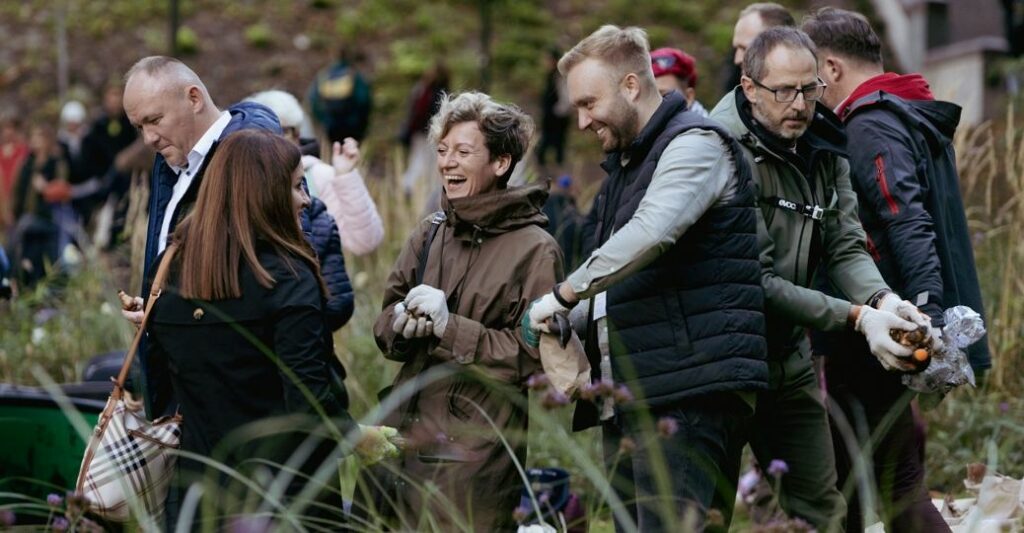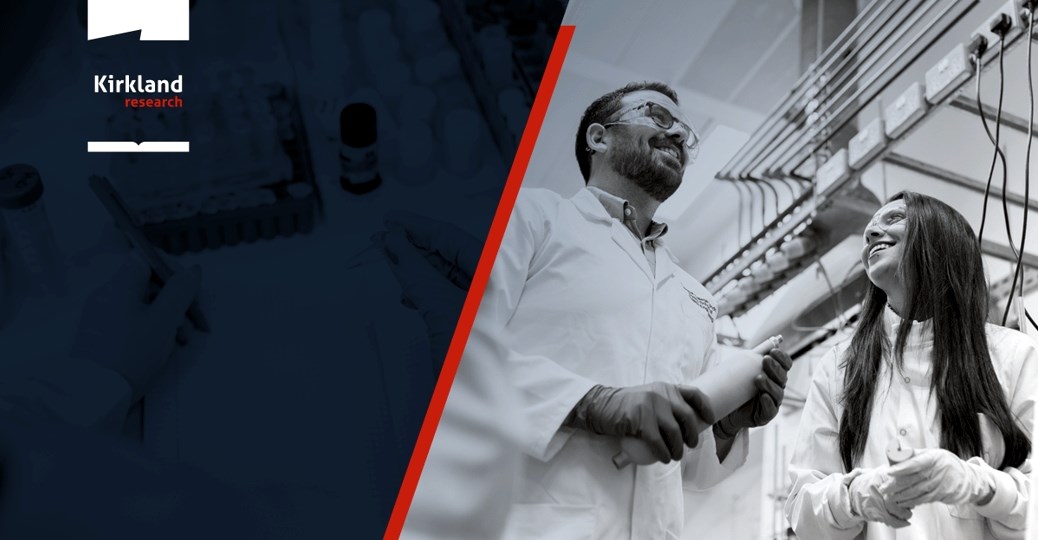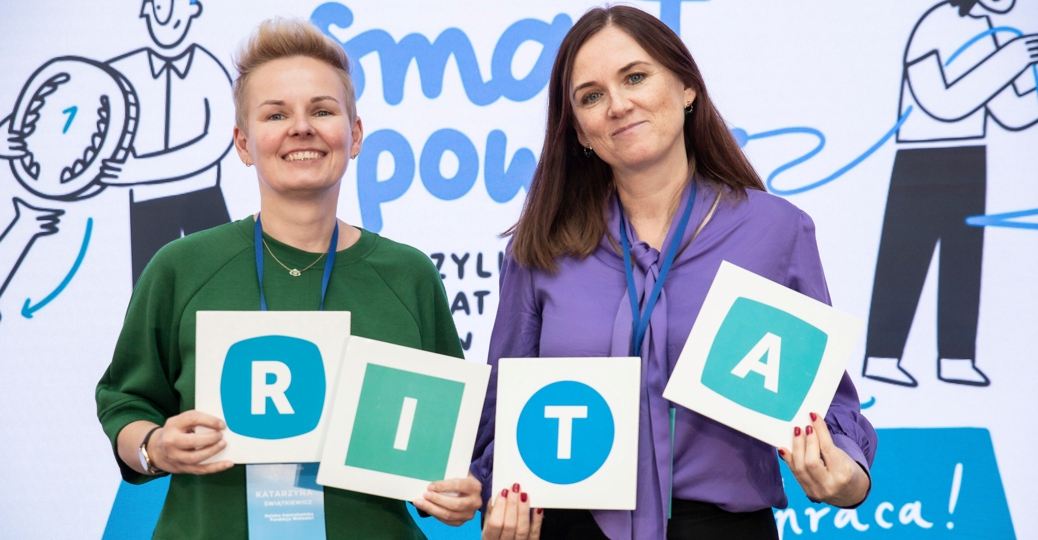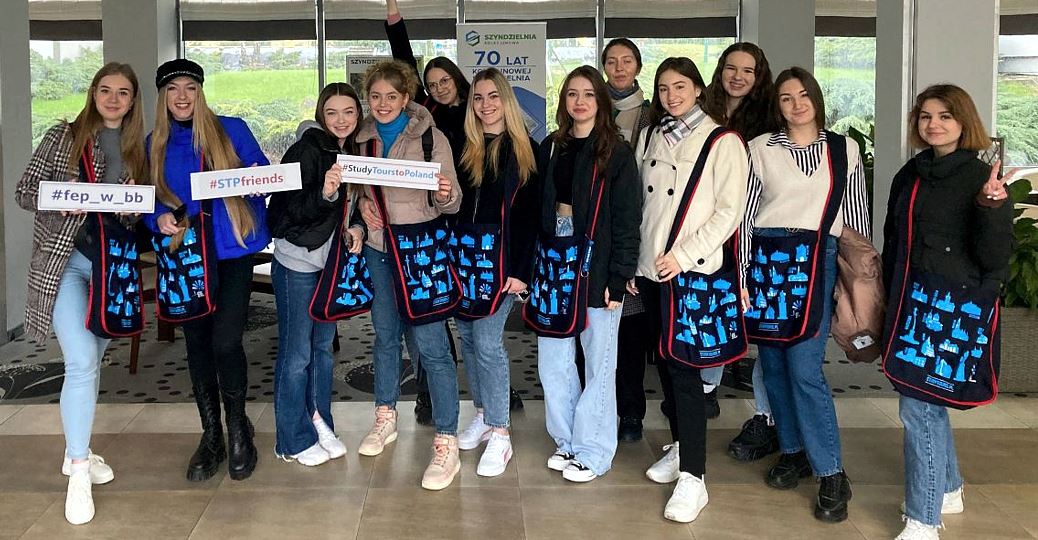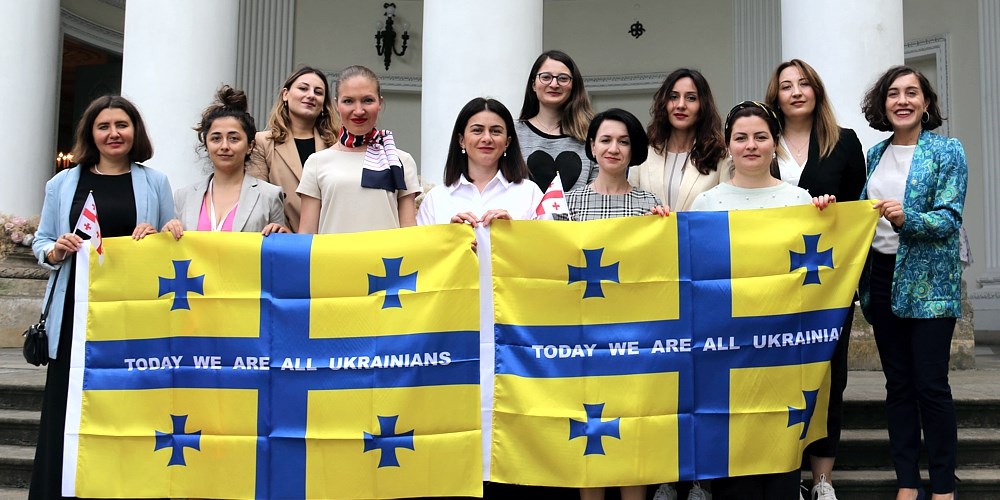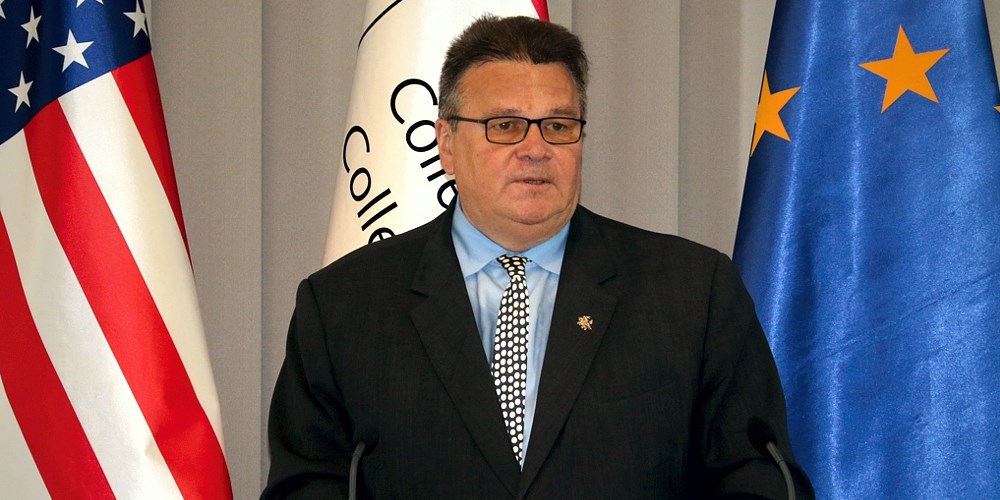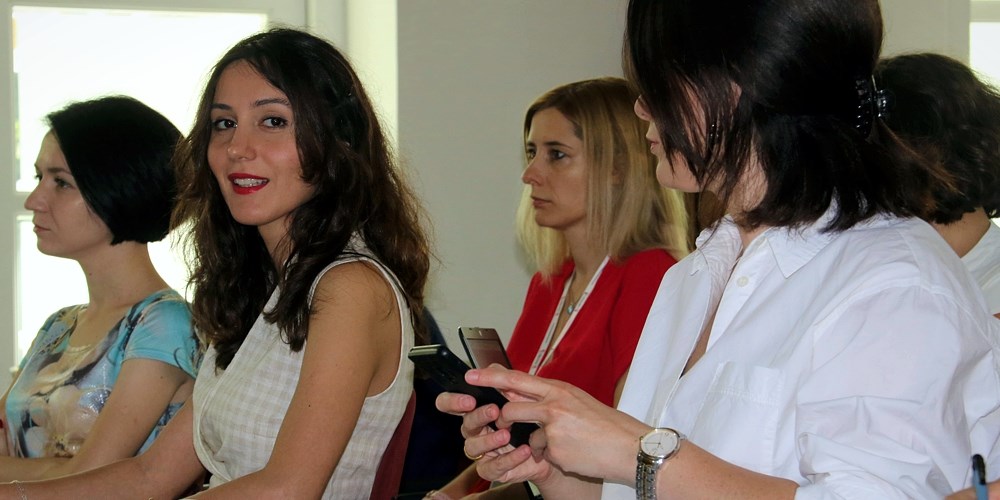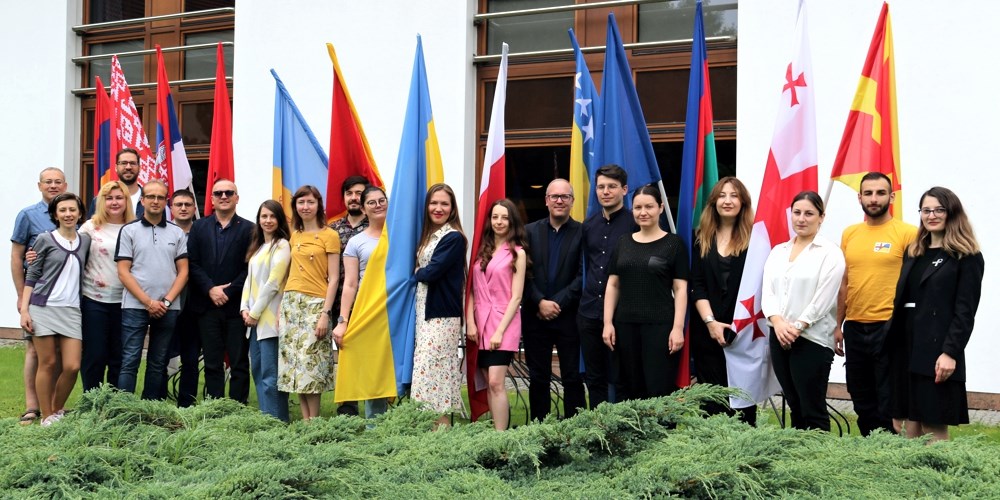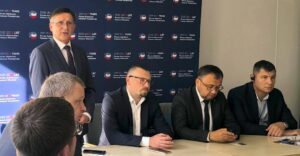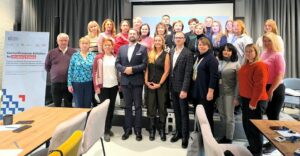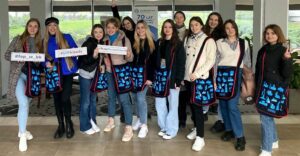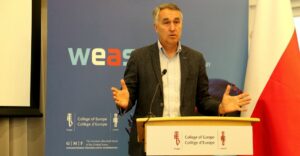The 10th jubilee round of Warsaw Euro-Atlantic Summer Academy (WEASA) took place from 11 to 18 July. The main subject of it was Information War And The New Geopolitical Reality. The event was accompanied by the Academy Alumni Congress.
WEASA is a cyclical summer offer of lectures, workshops and meetings with experts addressed to people from countries of Eastern Partnership, Western Balkans (since 2017) and from Poland. Lectures at the Academy are given by analysts, political and government advisers, think-thank and NGO employees, civil servants, and journalists. Since 2017 r. the main subject of WEASA are issues related to new technologies and their impact on people, societies, and politics.
This year’s WEASA was attended by 40 participants selected from a total of 245 applications submitted from all countries covered by the Academy.
This year’s agenda was mainly focused on Russia’s war against Ukraine and its consequences for the region, Europe and rest of the world.
The opening lecture was given by former Defense Minister and former Foreign Minister of the Republic of Lithuania Linas Linkevičius who shared his remarks about lessons Europe and the world should learn from Russia’s activities taken from the beginning of 21st century.
There were also various workshops and debates on counteracting disinformation, building so-called democratic resilience, the future of European integration, or increasing one’s safety in the Internet.
This year’s Academy was accompanied by the WEASA Alumni Congress. Among other things, its participants discussed the issues of broadening the offer of activities addressed to alumni and strengthening alumni’s direct contacts.
WEASA is a joint initiative of Polish-American Freedom Foundation, College of Europe, Natolin, and The German Marshall Fund of the United States.
Ten rounds of WEASA (2013 – 2022) were attended by a total of 456 participants from countries of Eastern Partnership (and Western Balkans since 2017), including 44 people from Armenia, 34 from Azerbaijan, 40 from Belarus, 82 from Georgia, 40 from Moldova, and 126 from Ukraine.
Photo courtesy of the College of Europe.









